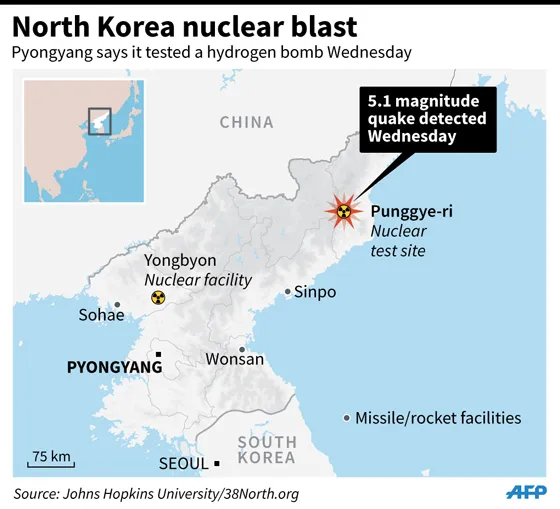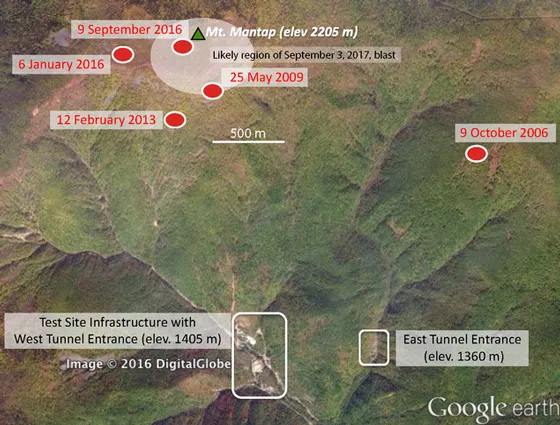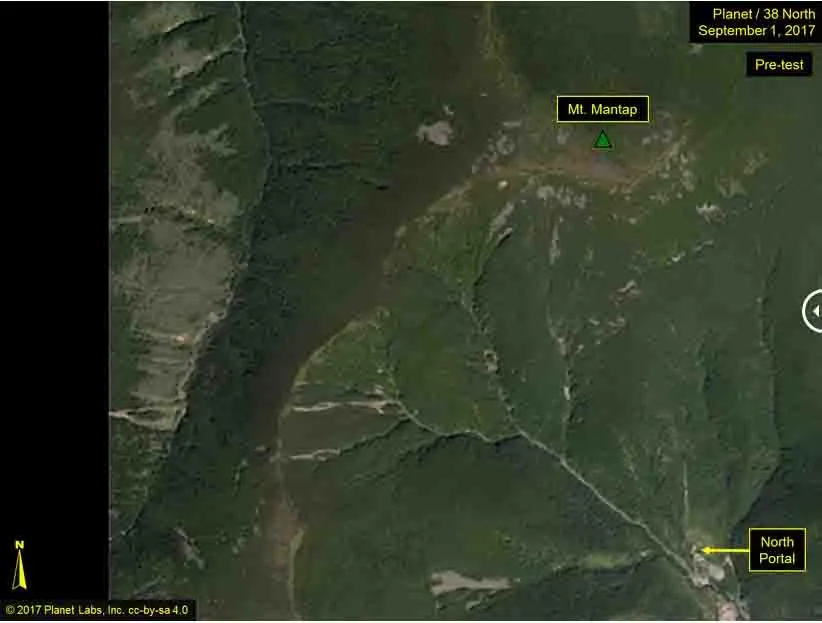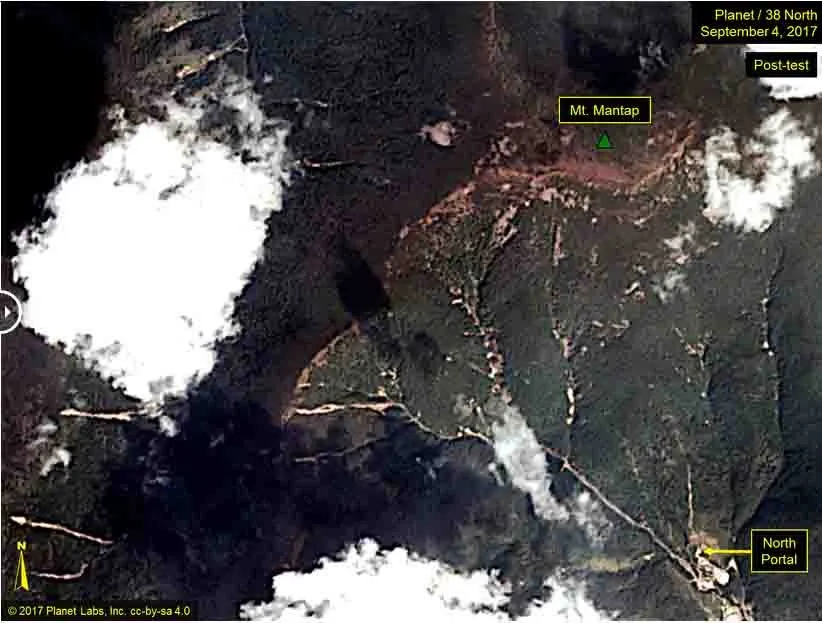China Worried About North Korean Nuclear Tests
A couple days ago, the world shook it's collective head as Kim Jong Un launched North Korea's 6th nuclear test, a Hydrogen Bomb ("H-Bomb") capable of creating an electromagnetic pulse ("EMP") that could disable unprotected electrical fields within it's blast radius.
Some experts have opined that an H-Bomb detonated in the atmosphere could potentially be a more politically-palatable preemptive attack on the United States, sparing the population from death by nuclear explosion and direct radiation - instead subjecting everyone to all of the perils of having no electricity, which would likely cause more damage in the long-run to social stability and security.
(The same experts say that such a blast would require to be detonated at a precise point in the atmosphere and that current North Korean technology lacks the capability of doing that.)
Despite the fact that Russia and China seem unlikely to pass additional sanctions in response to the nuclear test, there is some fallout (pardon the pun) from the H-Bomb testing.
Landslides Occuring; Mountain Implosion Expected

Detonation occurred near Chinese borders.

All detonations over the past several years have been near the same location.
Before and after photos...


Notice the deeper, wider crevices in the valley of the mountains, indicating a potential implosion in progress.
It turns out that all of the tests occurred under the same mountain and scientists are now warning that it could implode, leaving a massive hole that would leak deadly radiation across the entire region, including China:
Wang Naiyan, former chairman of the China Nuclear Society and senior researcher on China’s nuclear weapons program, said that if Wen’s findings were reliable, there was a risk of a major environmental disaster.
"The increasing size of North Korea’s nuclear bombs was also making 'topping' more likely," Wang said. If a "topping" occurs, the top of the mountain caves in on itself, releasing radiation into the atmosphere, surrounding area, and downwind from the nuclear test site. “A 100 kiloton bomb is a relatively large bomb. The North Korean government should stop the tests as they pose a huge threat not only to North Korea but to other countries, especially China,” he said.
As we’ve seen with Fukushima, radiation could force long-term evacuations of thousands of square miles and cause deadly consequences for people living downwind of any potential leak. China has installed testing equipment for radiation in border areas near the H-Bomb test site.
Whether this will mark a change in policy towards the North Korean regime remains to be seen, but it seems unlikely. It's possible that China and Russia are teaming up to play "good cop" (China) and "bad cop" (Russia) to keep up appearances in the U.N., with China voting for sanctions and the Russians vetoing any new sanctions against North Korea "in response" to the U.S. closing diplomatic compounds.
Sources:
http://www.scmp.com/news/china/diplomacy-defence/article/2109725/north-koreas-nuclear-test-site-risk-imploding-chinese
http://www.shtfplan.com/headline-news/chinese-scientists-warn-cave-in-detected-at-north-korean-nuclear-test-site-mountain-could-implode-and-spew-radiation-over-entire-region_09052017
http://www.zerohedge.com/news/2017-09-05/satellite-images-reveal-numerous-landslides-around-north-korea-test-site-after-nucle
http://www.zerohedge.com/news/2017-09-05/chinese-scientists-warn-north-koreas-nuke-test-site-risk-imploding-releasing-many-ba
http://www.zerohedge.com/news/2017-09-03/china-begins-emergency-monitoring-radiation-along-north-korean-border